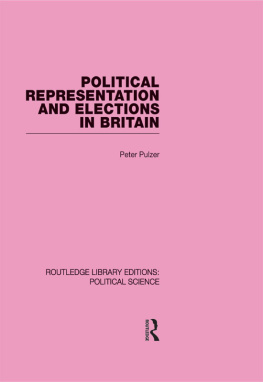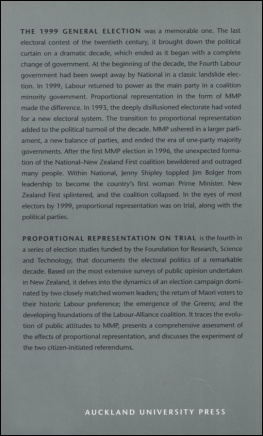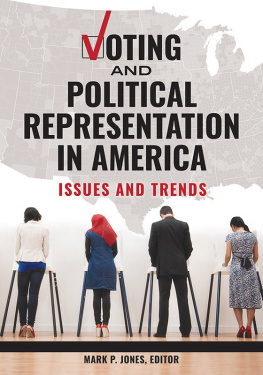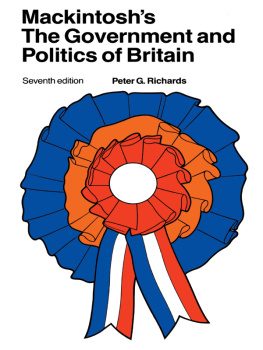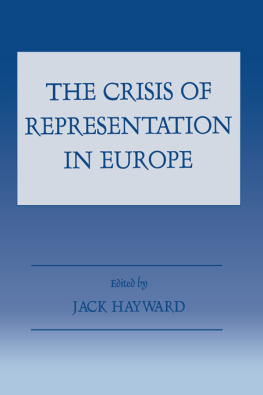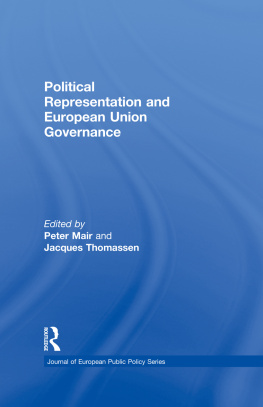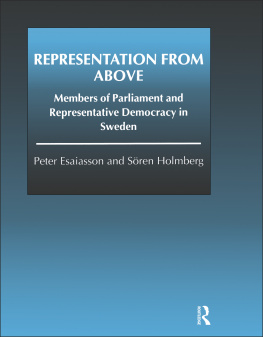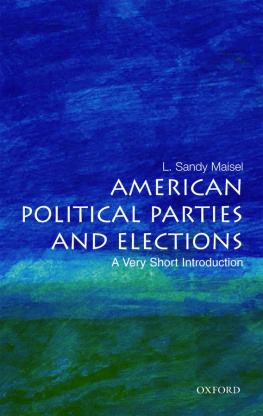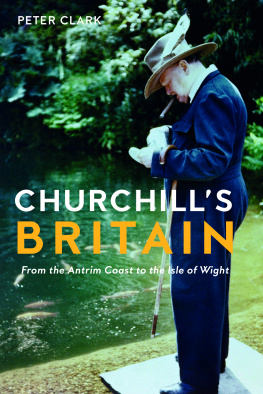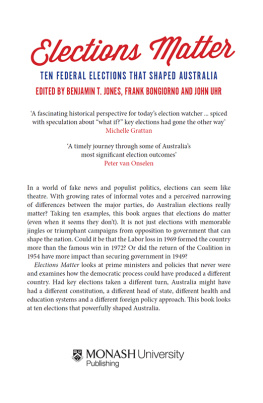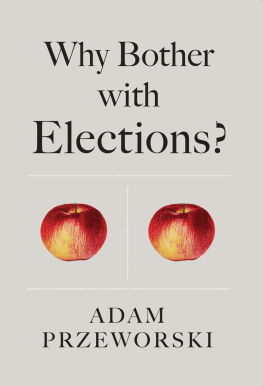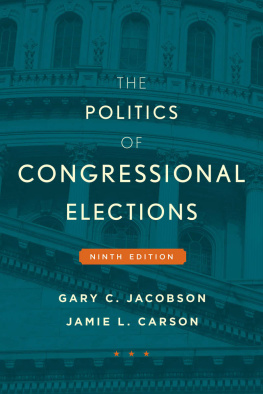First published 1967
Second edition 1972
This edition first published in 2010
by Routledge
2 Park Square, Milton Park, Abingdon, Oxon, OX14 4RN
Simultaneously published in the USA and Canada
by Routledge
270 Madison Avenue, New York, NY 10016
Routledge is an imprint of the Taylor & Francis Group, an informa business
1967, 1972 George Allen & Unwin Ltd
All rights reserved. No part of this book may be reprinted or reproduced or utilised in any form or by any electronic, mechanical, or other means, now known or hereafter invented, including photocopying and recording, or in any information storage or retrieval system, without permission in writing from the publishers.
British Library Cataloguing in Publication Data
A catalogue record for this book is available from the British Library
ISBN 10: 0-415-49111-8 (Set)
ISBN 13: 978-0-415-49111-2 (Set)
ISBN 10: 0-415-55543-4 (Volume 12)
ISBN 13: 978-0-415-55543-2 (Volume 12)
Publishers Note
The publisher has gone to great lengths to ensure the quality of this reprint but points out that some imperfections in the original copies may be apparent.
Disclaimer
The publisher has made every effort to trace copyright holders and would welcome correspondence from those they have been unable to trace.
POLITICAL REPRESENTATION AND ELECTIONS IN BRITAIN
Peter Pulzer
Student of Christ Church, Oxford
University Lecturer in Politics
Author of The Rise of Political Anti-Semitism
in Germany and Austria
REVISED EDITION
London
GEORGE ALLEN AND UNWIN LTD
RUSKIN HOUSE MUSEUM STREET
FIRST PUBLISHED IN 1967
SECOND IMPRESSION 1968
SECOND EDITION 1972
This book is copyright under the Berne Convention. All rights are reserved. Apart from any fair dealing for the purpose of private study, research, criticism or review, as permitted under the Copyright Act, 1956, no part of this publication may be reproduced, stored in a retrieval system, or transmitted, in any form or by any means, electronic, electrical, chemical, mechanical, optical, photocopying, recording or otherwise, without the prior permission of the copyright owner. Enquiries should be addressed to the publishers.
George Allen and Unwin Ltd, 1967, 1972
This book is published in the United States of America by Frederick A. Praeger, Inc. under the title POLITICAL REPRESENTATION AND ELECTIONS: PARTIES AND VOTING IN GREAT BRITAIN
ISBN 0 04 329016 7 Paper
Preface to the Second Edition
There are a number of reasons why I have revised this text so soon after its initial appearance.
The first is that four years is a long time in politics. Not only did the factual information need bringing up to date; a good deal of the research published since then on past and present political behaviour needed incorporating in my account.
The second is that two passages in the original book have given rise to controversy and, I feel, misunderstanding. The first concerns my correlation of social class and voting habits, the second my discussion of lites in a parliamentary democracy. I continue to believe that class is by far the most important determinant of voting behaviour in Britain. But this assertion evidently needs more elucidation than I gave it in the first edition; I have therefore expanded and, I hope, clarified the argument.
On the question of democratic litism (as Peter Bachrach has called it in his excellent essay), many reviewers assumed that because I emphasized the litist content of British democracy, and because I relied heavily on Schumpeter, whose theory of how democracy ought to work closely resembles the way the British system does work, I was somehow a Schumpeterian. I have always tried to distinguish is from ought and hope, from my rewriting of , to convince others of the advantages of this method.
I have to thank many people whose criticisms and suggestions have contributed to this revised edition, but it is a special pleasure once more to single out the name of Dr J. F. A. Mason, Librarian of Christ Church, for his care of the proofs.
P.G.J.P.
I
Parliament and Democracy
IN democratic states, wrote Aristotle, the people (i.e. demos) is sovereign.1 Yet it is one thing to possess a legal right, another to exercise it effectively. In Britain we have a Parliament, and parliamentary elections, as instruments for expressing popular opinion democratically. But the day-to-day business of legislation and policy-making, even the organization of the political parties which canalize opinion, is delegated to a small number of representatives elected for that purpose. Clearly there is a point at which democratic purpose and representative institutions may clash; the two not only have widely divergent historical origins, but may have purposes inconsistent with each other. Representation need not be democratic and democracies need not be parliamentary.
Representation without Democracy
Parliaments are a legacy of the feudal Middle Ages. Mediaeval monarchs could not expect to rule as autocrats or despots. They were expected to seek the advice of the estates of the realm, each of which had defined functions and status, both in relation to each other and in relation to the monarch. Because of poor communications, if for no other reason, monarchs depended on the goodwill of local notables for administration, the dispensing of justice, the raising of soldiers and the collection of taxes. Those whose help was indispensable to the monarch were in turn able to insist that the law be not changed, nor taxes levied, without their consent. In England the parliaments which date from the second half of the thirteenth century were representative in two distinct ways, by interest and by territory.
The interests represented in Parliament were the Lords Spiritual (archbishops, bishops and mitred abbots), the Lords Temporal, a category whose definition was uncertain at least until the Tudors, and the Commons. Within the Commons representation was divided between counties and boroughs. Because members of the House of Commons sat on behalf of communities, not interests or individuals, there was no attempt to equate representation with either population or the size of the electorate. Each county sent two knights, each borough two burgesses. The only exception was the City of London which sent four. Within each county the franchise belonged, from 1430, to all freeholders whose tenements had an annual value of 40 shillings. Within the boroughs it varied widely. Neither system was changed until the Reform Act of 1832. By the accession of Henry VIII (1509) the House of Lords numbered about 100, with spiritual peers slightly in the majority. In the Commons 37 counties were represented by 74 members and no boroughs by 222 members.2
Parliament, like so many other British institutions, nowadays serves purposes far removed from those for which it was originally intended. Yet vestiges of these purposes remain. We still have a House of Lords and a House of Commons. A peer of the realm may not vote in a parliamentary election. A clergyman of the Established Church may not sit in the House of Commons. Each belongs to an estate already represented elsewhere.


